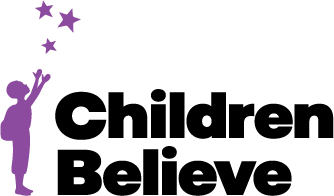Popular Meetings Promote Sexual and Reproductive Health
- by Lovisa Demirci, Barnfonden Sweden
- / Member Spotlight
The heat is burning in the afternoon in Ziro, Burkina Faso, and every seat in the shade is taken. An excited audience is waiting, while two young men test the microphones. It´s time for the weekly meeting about sexual and reproductive rights issues. The topic for the day: How to prevent HIV/AIDS.
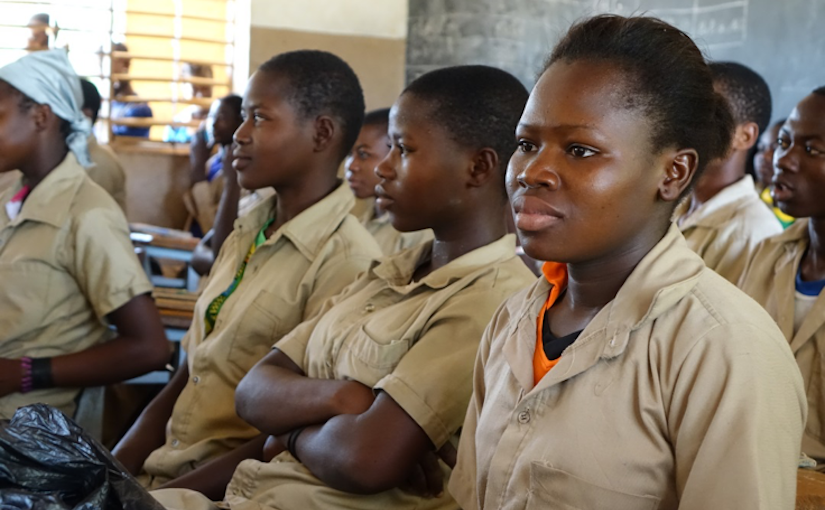
It´s all about safe sex
– How can you protect yourself from HIV? Over one hundred people, most of them young, but also older curious villagers, have joined the information meeting. Many hands are raised. A young woman gives the answer that many in the audience know: By using a condom!
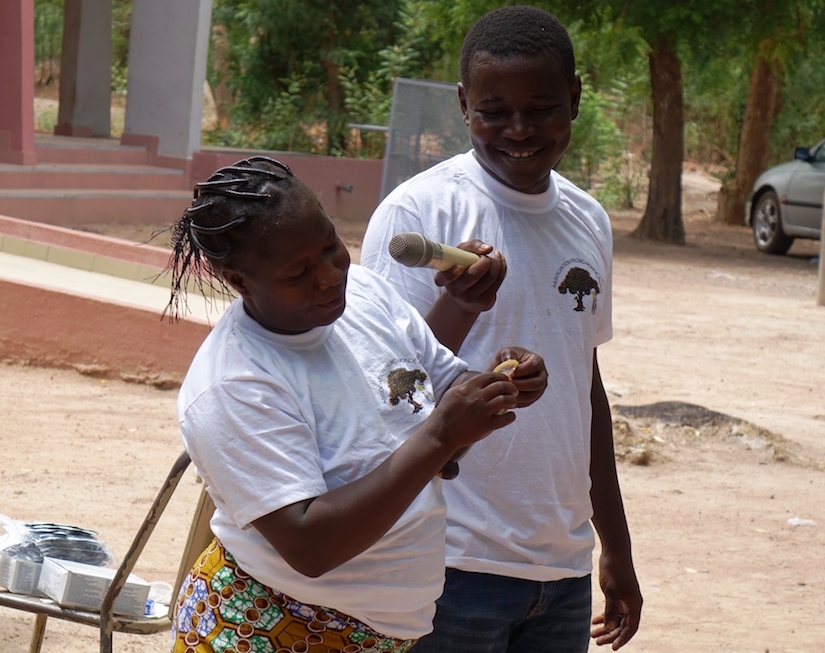
The next question creates even more laughter and merriment in the audience: Can someone show the group how to use a condom? One young woman comes to the front and demonstrates in the air how to put a condom on. She also shows the female condom and explains how to use it. Male condoms are cheaper and more common than the female version, but the female condoms provide the same protection from pregnancy and sexually transmitted infections – and also allow the woman to take responsibility.
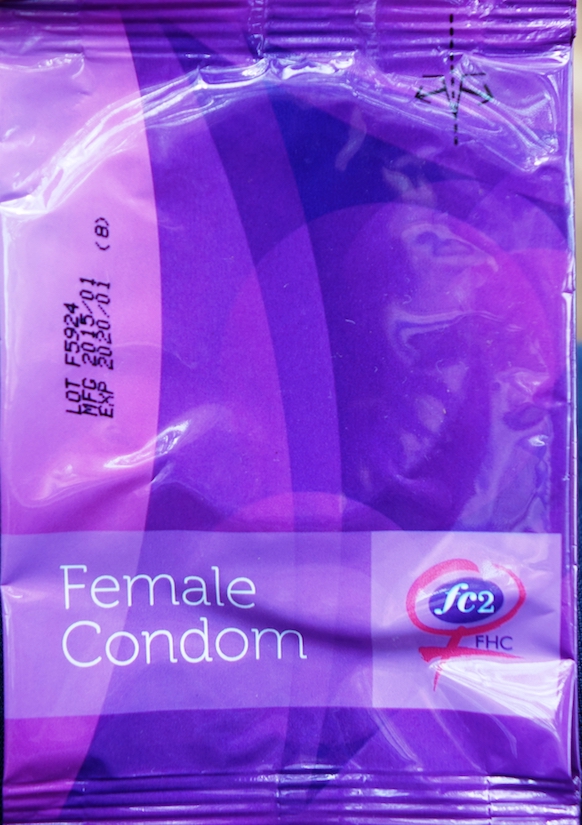
Sexuality is taboo
In rural Burkina Faso, only 25 to 50 percent of the youth know how to prevent HIV. Talking about sexuality is taboo, which causes limitations for adolescents´ ability to freely seek information on sexual and reproductive rights (SRHR) issues and express their needs. SRHR is not part of the secondary school curriculum due to a strong belief that its inclusion would tempt youth into sexual relations. The information reaching youth is therefore based on rumors. Consequently, they do not have sound information on methods of family planning, or of making well-defined choices regarding their future.
 Barnfonden´s work aims to improve young girls’ access to education. By leaving school early and without a good level of basic education practical knowledge of sexual and reproductive health, these girls are exposed to early marriages or early pregnancies.
Barnfonden´s work aims to improve young girls’ access to education. By leaving school early and without a good level of basic education practical knowledge of sexual and reproductive health, these girls are exposed to early marriages or early pregnancies.
Girls get to know their rights
Barnfonden, ChildFund Alliance’s Swedish member, supports an awareness-raising project in the province of Ziro, Burkina Faso. Together with a local NGO, Barnfonden aims to increase access to information about sexual and reproductive rights. Three times per month, villagers of different ages meet and discuss topics related to SRHR issues. In addition, young girls meet in smaller groups led by volunteers educated in SRHR issues. Teenage pregnancies are one common reason why girls drop out of school. In these meetings, girls learn more about their rights and about safe sex.
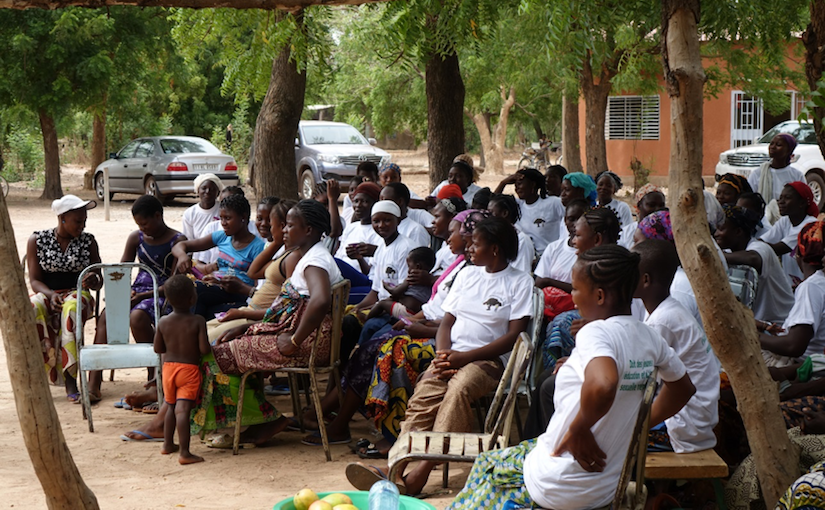 Three times per month, villagers of different ages, meet and discuss topics related to SRHR issues.
Three times per month, villagers of different ages, meet and discuss topics related to SRHR issues.
About Barnfonden, Sweden
Barnfonden is a nongovernmental, humanitarian child rights organization founded in 1991 and based in Malmö, Sweden. Our vision is a world where children are the main actors in building better futures in their societies, free from violence, poverty and neglect. We believe that children and youth should be the real drivers of positive change in their own communities; they should have a seat at the table when matters concerning them are discussed. Barnfonden works in all regions of the world. It is a non-partisan and non-religious member organization of the global ChildFund Alliance.








